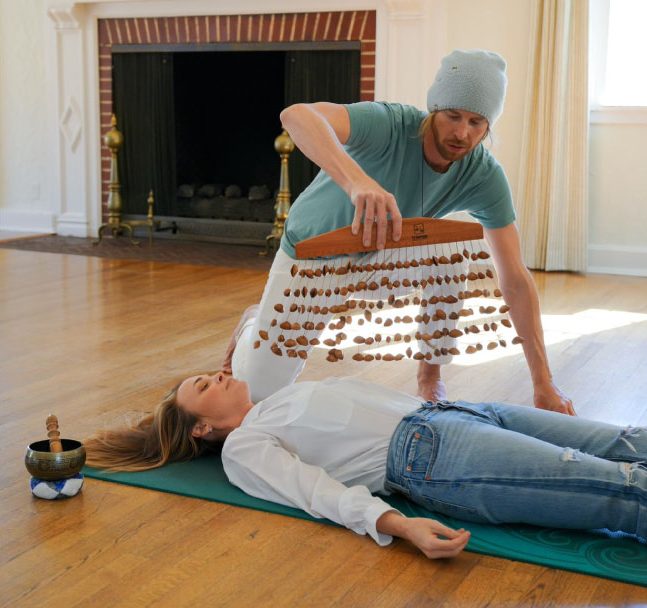Anxiety disorders are the most common mental illness in the U.S., affecting millions of adults each year. Conventional treatment typically involves medication and psychotherapy. Nonetheless, many people are now turning to holistic healing approaches as natural ways to find anxiety relief without prescription drugs. When used in conjunction with professional care, research shows these remedies can successfully complement standard anxiety treatment.
Mind-Body Practices
Mind-body exercises are among the most well-studied alternative options for easing anxiety. These practices focus on quieting racing thoughts while eliciting the body’s natural relaxation response to bring physical and mental calm. For example, controlled breathing techniques provide an immediate way to lower heart rate and blood pressure while regulating emotions. Progressively tensing and relaxing muscles help to sink the body into a deeply relaxed state. Mindfulness meditation builds skills for nonjudgmental observation of anxious thoughts and feelings instead of reacting to them. Committing to just 10-15 minutes daily of breathwork, body scanning or mindfulness can meaningfully reduce anxiety over the long term by altering brain connectivity in areas governing fear and stress resilience.
Dietary Approaches
Emerging nutrition research reveals the adage “you are what you eat” applies to mental health, too. Anxiety disorders have been connected with inflammation, oxidative stress and micronutrient deficiencies. Anti-inflammatory diets emphasize produce, plant oils, fish and nuts over meat, dairy and processed foods to quell inflammation from the inside out. Getting adequate vitamins and minerals like B complex, magnesium, zinc, selenium, and iron protects the nervous system by supporting neurotransmitter synthesis to optimize communication between brain cells. Probiotic foods to nourish gut bacteria, which directly impact mood via the gut-brain connection, are also recommended. Even starting each day with anti-anxiety foods like chia seeds, walnuts or oatmeal can set the stage for maintaining a calm mood when stressors hit later on.
Herbal Supplements
Herbal remedies like passionflower, valerian root and chamomile have long been used to ease nervous tension and worrying. These plants contain chemical compounds that influence neurotransmitters like serotonin and GABA that regulate anxiety in brain pathways similar to drugs like Xanax. While long-term safety is still understudied, short-term use of potentially calming herbal supplements may quell anxiety, especially when conventional treatment poses risk because of pregnancy, addiction history, or medication interactions.
Sound Healing
Though still an emerging field needing more controlled trials, certain types of sound healing show promise for alleviating anxiety by syncing mental and physical rhythms. According to the good folk at Maloca Sound, listening to recordings of calming nature sounds like ocean waves, rainfall or birdsong can slow racing thoughts while dropping heart rate and breathing to relaxed levels. More immersive therapies like groundbreaking “vibrational” sound sessions allow participants to feel soothing low frequencies believed to resonate through organs and bones to induce whole-body relaxation. Individual feelings about sounds can vary greatly, so exploring different free samples online is recommended before investing time and money into sound healing. As anxiety often involves getting stuck in nerve-wracking thought loops, disruptive yet soothing sounds may offer a reset button when worries feel overwhelming.
Conclusion
Conventional treatments like cognitive-behavioral therapy and medications undoubtedly serve a crucial role for anxiety disorders. However, holistic healing techniques like regulated breathing, herbal supplements, sound interventions and balanced nutrition offer complementary physical and mental relaxation without side effects. Instead of viewing holistic options as outright medical treatment replacements, adopting one or two practices is an accessible way to help reinforce and sustain anxiety relief in between therapy and doctor’s visits. Taking small daily actions to calm both mind and body can empower individuals to play an active role in overcoming anxiety struggles.

